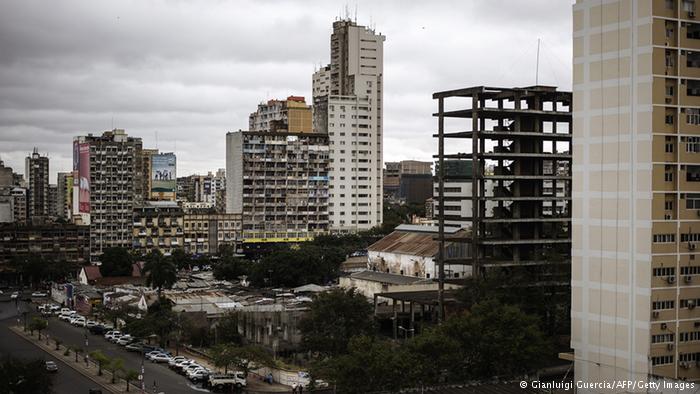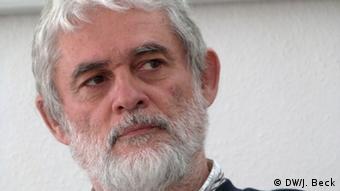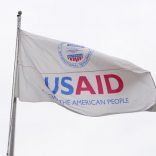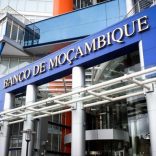Mozambique: State collects 22.5% less in taxes from casinos in H1
Economist says fundamental change is essential for Mozambique

DW / A view of Maputo city
Managing the debt crisis is a major challenge for the Mozambican government at a time when international donors are freezing aid because of undisclosed loans.
The recent discovery of undisclosed state-guaranteed debts of US$1.4 billion will accelerate inflation and undermine the country’s economy. The group of 14 donors to the Mozambican state budget has frozen payments, and the United States announced a review of its US$400 million annual funding to Mozambique.
In an interview with DW Africa, Mozambican economist João Mosca says that to recover the confidence of foreign lenders it is necessary, first of all, to promote transparency and hold those who committed the alleged irregularities responsible.
Secondly, it is necessary to renegotiate Mozambique’s debt with donors, especially with the International Monetary Fund.

DW Africa: How to get out of this debt crisis in Mozambique?
John Mosca (JM): At this point, there is only way to overcome the crisis, and that is a continuation of the large external inflows, mainly financing the balance of payments and financing what is determinedin the state budget as correctly ‘fundable’.
However, it is clear that, for almost all donors, direct funding of the state budget will virtually cease to exist, and they will opt for financing specific projects with concrete goals and deadlines to make cooperation more efficient.
DW Africa: President Filipe Nyusi is on an official visit in China, one of Mozambique’s main financiers. If implemented, may new loans made to the Chinese government further aggravate the crisis of the Mozambican debt?
JM: I do not know what the outcome of this visit to China will be. But if China partially covers the debt, by lending to pay off the previous debt, there will only be a postponement of the problem and perhaps a long-term increase, because we would be paying interest on interest. I do not think this is very good idea, except to alleviate short-term need for money.
DW Africa: How can we reduce this debt?
JM: At this point, the Mozambican state is consuming more than 45 percent of national wealth. It is a state where just the spending on civil servants accounts for 11 percent of GDP, or about 60 percent of the state budget. Maybe you could start there. Moreover, I think that it would be a great opportunity for the government to initiate fundamental economic policy changes, leading to a major restructuring in depth of the current economic model of development.
This is a very heavy and inefficient state. It is necessary to modernize the public sector to make it more efficient and lighter and with greater enforcement capacity over economic and social activity, ensuring that current laws are complied with, particularly in the matter of land, the exploitation of natural resources and certain kinds of exports. There is a certain wild market development that benefits neither the country nor Mozambicans. These aspects have to be reviewed and the state should enable the monitoring and enforcement of the law in Mozambique, which today is lacking in many sectors of economic activity.
DW Africa: Do you think rising prices and the inability of the Mozambican government to manage its accounts might lead the people to take to the streets, as they did in 2010?
JM: Prices are increasing, especially from low-income families, and imports of essential goods are decreasing. Crime in the capital is increasing dramatically. All these are strong indications of a tense social situation that could spill over at any time. The state has also maintained subsidies – for fuel, public transport, energy and water, for example, but I do not think it has the financial resources to continue this type of support.












Leave a Reply
Be the First to Comment!
You must be logged in to post a comment.
You must be logged in to post a comment.